This is a must read for all writers, and especially for those even faintly considering this life-changing art.
Here’s the link to this article. Click here for more by this master-writer.
Some Thoughts on Writing Through the Decades

Edited and arranged by Robert Friedman
If you are a writer you locate yourself behind a wall of silence and wherever you are—in public, in solitude, in motion, utterly still—you can still be writing, because you are in that private space.
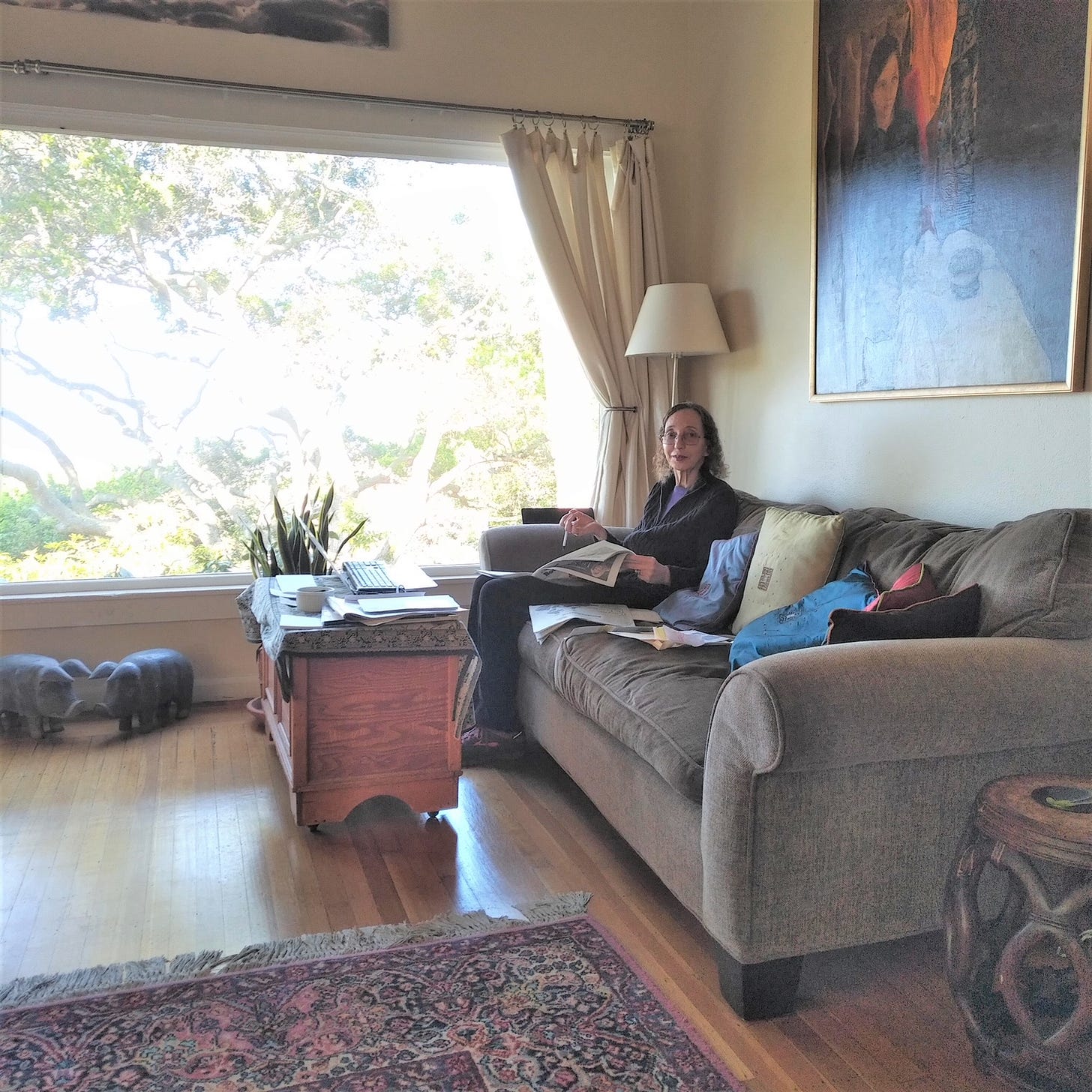
When writing goes with painstaking slowness—frustration, dismay—then naturally one ought to continue with the work; it would be cowardly to retreat. But when writing goes smoothly—why then one certainly should keep on working, since it would be very foolish to stop. Consequently one is always writing.
“Genius is not a gift, but the way a person invents in desperate circumstances.” —Sartre
(My epigraph for “Blonde” which is the innermost truth of my heart.)
Be daring, take on anything. Don’t labor over little cameo works in which every word is to be perfect. Technique holds a reader from sentence to sentence, but only content will stay in his mind.
I tell my students to write of their true subjects. How will they know when they are writing of their true subjects? By the ease with which they write. By their reluctance to stop writing. By the headachy, even guilty, joyous sensation of having done something that must be done, having confessed emotions thought unconfessable, having said what had seemed should remain unsaid. If writing is difficult, stop writing. Begin again with another subject. The true subject writes itself, it cannot be silenced. Give shape to your dreams, your day-dreams, cultivate your day-dreams and their secret meanings will come out.
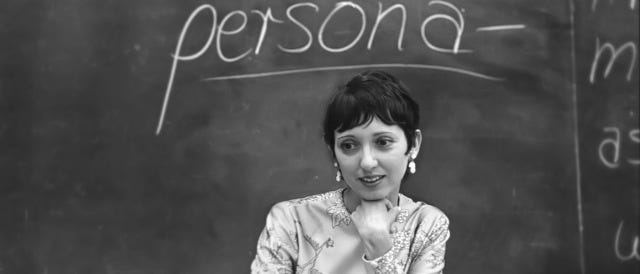
Writing is a consequence of being “haunted” by material. You know that you are “haunted” when nothing else can retain your attention—when your thoughts swerve, in obedience to an inner gravity, to the one true subject that will bring terror and comfort.
I have forced myself to begin writing when I’ve been utterly exhausted, when I’ve felt my soul as thin as a playing card…and somehow the activity of writing changes everything.
“We work in the dark—we do what we can—we give what we have. Our doubt is our passion, and our passion is our task. The rest is the madness of art.”—Henry James
The ideal art, the noblest of art: working with the complexities of life, refusing to simplify, to “overcome” doubt.
Fiction that adds up, that suggests a “logical consistency,” or an explanation of some kind, is surely second-rate fiction; for the truth of life is its mystery.
I’m drawn to failure—stories of struggle, failure, even defeat—and the aftermath of defeat. For only someone who attempts something beyond their reach can “fail.” There can be nobility in this, a strange sort of dignity. Never having failed means never having tried. Subscribe
Writing a first draft is like pushing a peanut with your nose across a very dirty floor. Only when you get to the farther side of the room do you see where you were going—now, you can try again, and you will move much more swiftly!
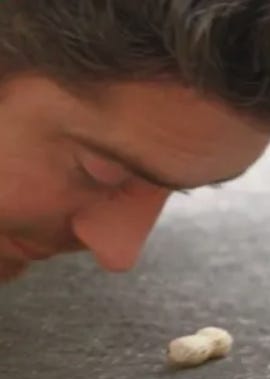
Revising is the blissful state subsequent to the circle of Hell that is the “first draft.”
I am drawn to write about rural and small-town upstate New York in the way in which a dreamer’s recurring dreams are likely to be set in childhood places. Our oldest memories are the most deeply imprinted in our brains—the first to be absorbed into our physical being, in neurons; the last to be lost, as consciousness fades to black.
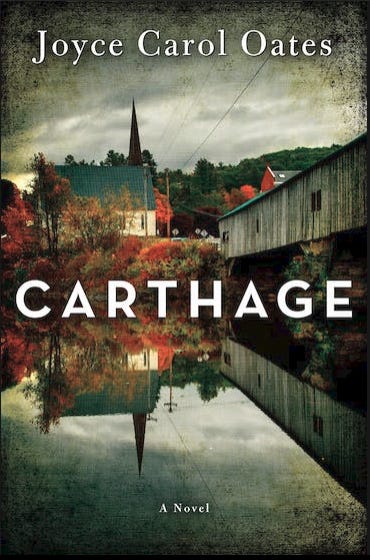
Beset by economic crises, as by extremes of weather, upstate New York is emblematic of much of American life in the present day: its urban centers are relatively prosperous, educated, “liberal”—its rural areas, much the greater part of the state, are relatively impoverished, under-educated, “conservative.”

The secret of being a writer: not to expect others to value what you’ve done as you value it. Not to expect anyone else to perceive in it the emotions you have invested in it. Once this is understood, all will be well. (She wants to think!)
Starting a novel is like standing in a field and waiting for lightning to strike…
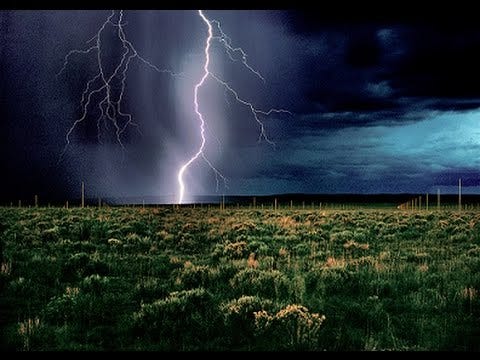
I encourage my students to write a great deal. Keep a journal. Take notes. Write when you are feeling wretched, when your mind is about to break down…who knows what will float up to the surface? I am an unashamed believer in the magical powers of dreams; dreams enhance us. Even nightmares may be marketable—there is something to be said for the conscious, calculating exorcism of nightmares, if they give to us such works as those of Dostoyevsky, Celine, Kafka. So the most important thing is to write, and to write every day, in sickness and in health: who knows but there will come a time when you reread what you have written, not as the writer but as a reader, and a revelation comes to you in a flash—So this is what it has meant! Now, you can begin.
I’ve never thought of writing as the mere arrangement of words on the page but the embodiment of a vision; a complex of emotions; raw experience. The effort of memorable art is to evoke in the reader or spectator emotions appropriate to that effort.
Critics sometimes appear to be addressing themselves to works other than those I remember writing.
The crucial difference between the critic and the reviewer is: one takes time, the other must meet a deadline.
Words are like wild birds—they will come when they wish, not when they are bidden. And they may suddenly explode into the air—and disappear.
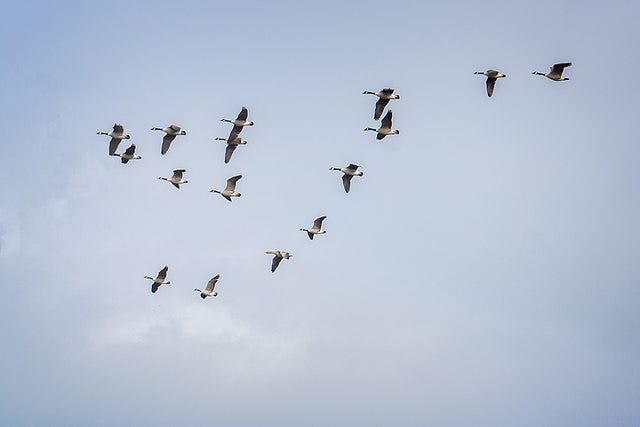
I am not conscious of working especially hard, or of “working” at all. Writing and teaching have always been, for me, so richly rewarding that I don’t think of them as work in the usual sense of the word.
It’s up to the writer and the artist to give voice to these people. There are two impulses in art: one is rebellious and transgressive—you explore regions in which you are not wanted, and you will be punished for that. But the other is a way of sympathy—evoking sympathy for people who may be different from us—whom we don’t know. Art is a way of breaking down the barriers between people—these two seemingly antithetical impulses toward rebellion and toward sympathy come together in art.
My belief is that art should not be comforting; for comfort, we have mass entertainment and one another. Art should provoke, disturb, arouse our emotions, expand our sympathies in directions we may not anticipate and may not even wish.
To be entranced, to be driven, to be obsessed, to be under the spell of an emerging, not quite fully “comprehended” narrative—this is the greatest happiness of the writer’s life even as it burns us out and exhausts us, unfitting us for the placid contours of “normality.”
There are those—a blessed lot—who can experience life without the slightest glimmer of a need to add anything to it—any sort of “creative” effort; and there are those—an accursed lot?—for whom the activities of their own brains and imaginations are paramount. The world for these individuals may be infinitely rich, rewarding and seductive—but it is not paramount. The world may be interpreted as a gift, earned only if one has created something over and above the world.
A literary work is a kind of nest: an elaborately and painstakingly woven nest of words incorporating chunks and fragments of the writer’s life in an imagined structure, as a bird’s nest incorporates all manner of items from the world outside our windows, ingeniously woven together in an original design.
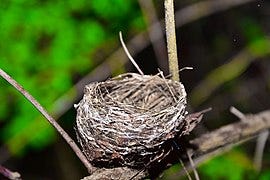
I believe that art is the highest expression of the human spirit. I believe that we yearn to transcend the merely finite and ephemeral; to participate in something mysterious and communal called “culture”—and that this yearning is as strong in our species as the yearning to reproduce the species.

Through the local or regional, through our individual voices, we work to create art that will speak to others who know nothing of us. In our very obliqueness to one another, an unexpected intimacy is born.
Subscribe to Joyce Carol Oates: A Writer’s Journal
Launched a year ago
On writing, living with cats, being a widow, movies, running, my current workshops & what we are reading, books, comedy, nature, gardening, friendship, more.Subscribe
